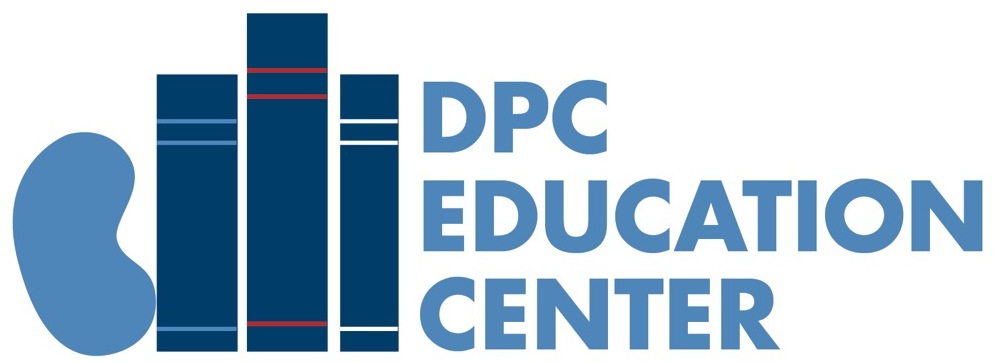You don’t have to deal with kidney disease all by yourself. Get support from friends and family. Your family and friends can give you a ride to your treatments or help you grocery shop. They can also offer emotional support when you’re feeling low. Give them a chance to cheer you up or simply listen to you. Support is also available from a variety of sources.
Your health care team offers another level of support. Your doctors, nurses, and renal dietitian can talk to you about your progress, so make the most of the time you spend with them. One way to do that is to ask a family member or your social worker to help make a list of questions for you to ask during your next appointment.
You may find it easier to talk with people you meet at your dialysis clinic or in a support group, if you belong to one. They’ll know what you’re going through and might be able to give you suggestions on sticking with your diet or staying on track with your medications.
Having a community of support is important. You’re less likely to miss medical appointments if you ask for a ride when you need it. Perhaps you’ll eat healthier if someone helps with the cooking or menu planning. And it may be easier to stay on track with your medications with someone to remind you or pick up a prescription for you.
Knowing you have people to rely upon may be a source of comfort and give you peace of mind, too. So reach out for the support you need!
Be ready to talk with your health care team
Before you visit your doctor, have a plan ready. Here are some tips for building a good partnership with your health care provider:
- Before you go, make a list of anything you need to talk about. Are you having new symptoms? Are you having trouble taking your medication? Are you anxious about your treatment? Whatever it is, talk to your health care provider. Many of these issues are fairly common and your health care team can help you work through them.
- Take along any information the doctor or staff may need such as insurance cards, names of your other doctors, or your medical records. Also, bring a list of medications you take.
- Consider bringing a family member or friend. Let him or her know what you want from your visit so you have someone to remind you if you forget.
- Update the doctor. Let your doctor know what’s happened since your last visit, including emergencies or changes in your weight, sleep patterns, appetite, and energy level.
- If your doctor asks about your personal life, this is to see if there are any stresses or changes in your life. Be as honest and open as you can. The more information your doctor has, the better.
- Ask questions! If there’s something you don’t understand, ask. Your doctor is there to help you. If you’re not comfortable speaking up, perhaps a friend or family member can do it for you.
- Take notes. It can be difficult to remember everything you need to remember, so you or your friend should take notes. You may also tape record your visit to play it back later.
- Whenever possible, have the doctor or staff give you written instructions. Ask for brochures, tapes, software, or Web sites that could help you manage your condition.
- Remember that your medical care and health outcome are improved by being an active participant. Y our medical staff can’t treat what they don’t know about.
Other resources
There are organizations you can turn to for more help and information. Here are a few:
Dialysis Patient Citizens (DPC)
1012 14th Street, NW, Suite 905
Washington, DC 20005
Toll-free: 866-877-4242
FAX: 202-789-6935
dpc@dialysispatients.org
American Association of Kidney Patients (AAKP)
3505 E. Frontage Road, Suite 315
Tampa, Florida 33607
800-749-2257
www.aakp.org
American Kidney Fund (AKF)
6110 Executive Blvd., Suite 1010
Rockville, MD 20852
800-638-8299
www.kidneyfund.org
National Kidney Foundation (NKF)
30 E. 33rd St.
New York, NY 10016
800-622-9010
www.kidney.org
National Kidney and Urologic Diseases Information Clearinghouse (NKUDIC)
3 Information Way
Bethesda, MD 20892-3580
800-891-5390
www.kidney.niddk.nih.gov
Renal Kidney Support
For free kidney-friendly cookbooks,
call (866) 896-6152 or
visit www.fosrenol.com
to order your copy today.



